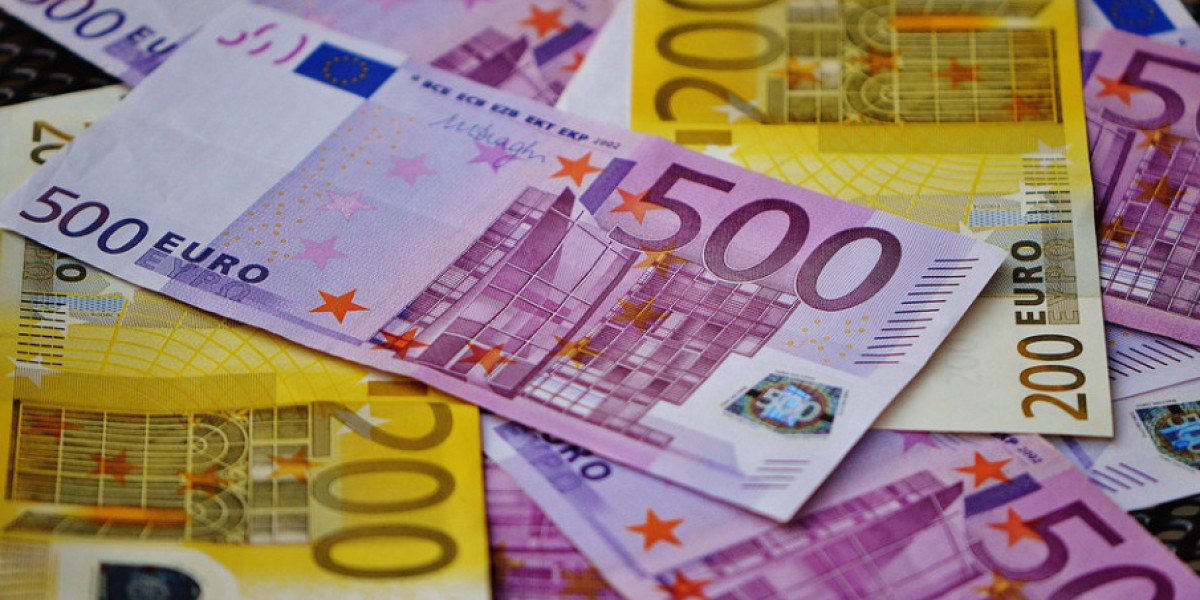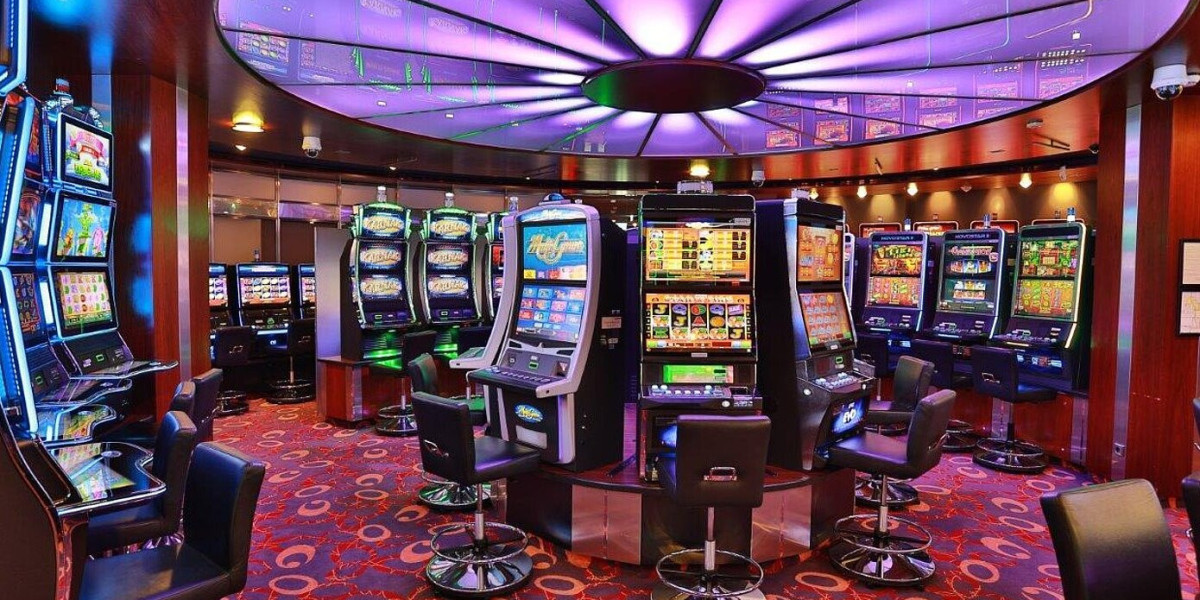Navigating the Shadows: The Risks and Realities of Buying Euro Counterfeit Money
In a progressively digital world, where monetary transactions happen with a click of a button, the allure of counterfeit currency has continued. Amongst the currencies that bring in counterfeiters, the Euro sticks out due to its extensive usage across several European countries. This post checks out the murky waters of purchasing counterfeit Euro money, the inspirations behind it, the risks involved, and the legal repercussions of participating in such activities.
Comprehending Counterfeit Currency
Counterfeit currency describes fake banknotes or coins produced with the intent to deceive and utilized as if they were legal tender. The Euro, as the official currency of 19 of the 27 European Union countries, is remarkably complicated, integrating sophisticated security features that make counterfeiting tough. Nevertheless, the high need for Euros and the large variety of banknotes in flow develop opportunities for counterfeiters to make use of.
Why People Consider Buying Counterfeit Euros
There are a range of reasons individuals might be lured to buy counterfeit money, consisting of:
Financial Gain: Some believe they can benefit from using counterfeit money, whether to buy products at a lower price or to resell counterfeit items genuine money.
Privacy: The relative privacy of online transactions may entice people, making them feel protected from legal consequences.
Desperation: In times of financial hardship, some may see counterfeit currency as a fast fix for their monetary concerns.
Interest and Pranks: A little number may be inspired by novelty, interest, or the objective to prank good friends or household members.
The Risks of Buying Counterfeit Euro Money
While the principle of purchasing counterfeit Euro money may seem luring, the truth is laden with significant dangers. A few of the most pressing risks consist of:
1. Legal Ramifications
Counterfeiting is unlawful in most jurisdictions, consisting of all European Union member states. Engaging in counterfeiting activities can lead to serious punishments, including big fines and jail time. According to EU law, the penalties for producing or distributing counterfeit currency can differ by country but often consist of severe criminal charges.

2. Financial Losses
Purchasing counterfeit money is a gamble. There is no guarantee that the currency will be accepted, and if identified, the purchaser might lose both their financial investment and face legal consequences. Furthermore, counterfeit banknotes can be hard to spot, leading to financial losses when trying to utilize them.
3. Ethical Implications
Using counterfeit currency undermines the integrity of the financial system. It affects authentic services, customers, and the total economy. The expenses associated with counterfeiting are often passed onto customers, driving prices up and wearing down rely on monetary systems.
4. Online Scams
Numerous people interested in counterfeit currencies often turn to the web to find sellers. Nevertheless, numerous scams target unwary buyers. These frauds might involve deceptive websites or people positioning as genuine sellers, resulting in a loss of money without receiving any item.
Key Considerations for Individuals
For anyone considering the purchase of counterfeit Euro money, a number of factors to consider need to be considered:
Research: Understanding the legal implications and the dangers related to counterfeiting can offer clearness on the gravity of the situation.
Understand Security Features: Genuine Euro banknotes come equipped with innovative security functions implied to make counterfeiting exceptionally difficult. Familiarity with these functions can assist in acknowledging counterfeit notes if they come into one's belongings.
Seek Legal Avenues: Instead of turning to illegal activities, individuals dealing with monetary concerns should explore lawful options such as individual budgeting, loans, or community assistance programs.
Common Frequently Asked Questions (FAQs)
1. What are the legal effects of utilizing counterfeit money?
Using counterfeit money can result in criminal charges, including fines and imprisonment. The seriousness depends upon the quantity included and the jurisdiction.

2. How can I determine counterfeit Euro notes?
Real Euro banknotes have numerous security functions, including watermarks, security threads, microprinting, and color-changing ink. Consulting the official European Central Bank resources can offer assistance on identifying real banknotes.
3. Can I unwittingly get counterfeit currency?
Yes, it is possible to get counterfeit notes without being mindful of it. It is essential to inspect banknotes carefully, specifically when withdrawing money or making purchases in locations where counterfeit money might circulate.
4. What should I do if I think I have received counterfeit money?
If you believe you have gotten counterfeit currency, avoid attempting to utilize it. Report the scenario to local law enforcement or your bank, who can properly manage the matter.
The desire to buy counterfeit Euro money is frequently driven by monetary desperation, Professionelle fälschungen kaufen (Www.teneshamandrell.Top) interest, or the appeal of quick gains. However, the legal, monetary, and ethical implications of such actions render it a dangerous endeavor. Instead of risking severe charges, individuals dealing with financial difficulties are prompted to seek alternative services through legal channels. Comprehending the complexities of counterfeit currency and acknowledging the associated risks is essential for making notified choices. Ultimately, the world of counterfeit money is one best avoided, as the repercussions can have enduring implications on a person's life and health and wellbeing.








